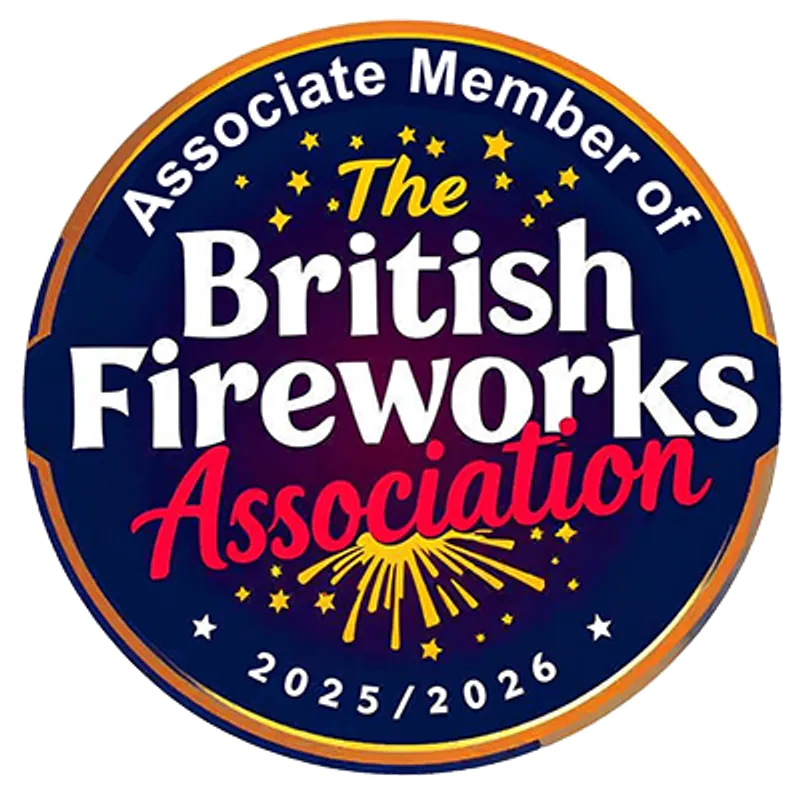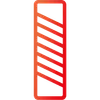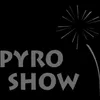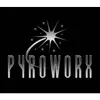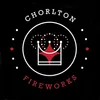Homemade Fireworks: Risks and the Law in the UK
Experimenting with explosive materials can have disastrous effects. Beyond the notion that you might not know everything you should about creating a firework, you could be doing so in an incredibly uncontrolled environment filled with hazards, without even knowing about it.
At Chorlton Fireworks we know just how harmful explosive material can be when it’s not handled correctly. Here you can find information on the law and risks associated with home made fireworks.
What does the UK law say?
The UK law to do with making explosives is set out in The Manufacture and Storage of Explosives Regulations 2005. This states that:
Explosives not to be manufactured without a licence
9.—(1) Subject to paragraph (2), no person shall manufacture explosives unless he holds a licence for that manufacture and complies with the conditions of that licence.
(2) Paragraph (1) shall not apply to —(a)the manufacture of explosives for the purpose of laboratory analysis, testing, demonstration or experimentation (but not for practical use or sale) where the total quantity of explosives being manufactured at any time does not exceed 100 grams, but nothing in this sub-paragraph shall be taken as authorising any acquisition or keeping of explosives for which an explosives certificate is required by virtue of regulation 7 of those Regulations, without such a certificate;
While many argue that this indicates you may not require a license to create up to 100g of explosives for testing, experimentation, or demonstration, the exact laws around whether you can create your own fireworks, how, and the limitations of doing so remain unclear. Ultimately, if you don’t hold a license, you shouldn’t make your own fireworks. Find out what pyrotechnic enthusiasts had to say about the law on homemade fireworks on Pyro Society and Science Madness.
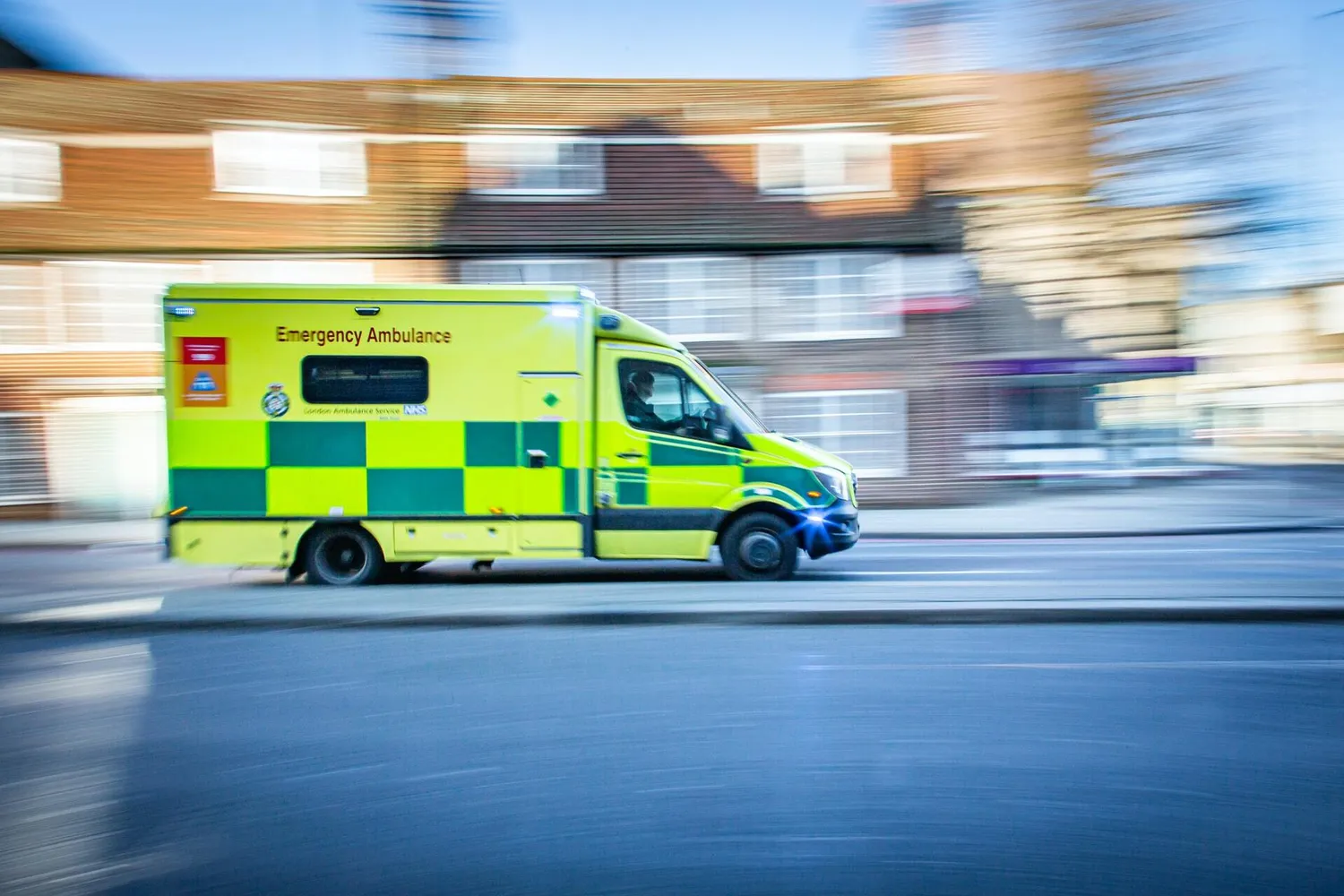
The Risks of Making Fireworks at Home
Unless you’ve been trained and hold a license to create fireworks the dangers of trying to do so outweigh the benefits. Leaving manufacture up to fireworks experts means you’ll stay inside the law and keep everyone safe, not to mention you’ll be using fireworks that are guaranteed to meet high quality standards. Here are a few things to consider:
- How extensive is your knowledge of the chemicals and materials you plan to use?
- Where did you source your materials, how do you know they are reliable? This includes packaging and construction material as well as chemicals and fuses.
- Are you working in a controlled environment? Are there risks of contamination around you or the potential for a fire to break out?
- Are there other people around you that might not be aware of your activities? Anyone that hasn’t been fully debriefed and doesn’t know what protocols to follow could be in danger.
- What is your plan in the event of an accident? Have you considered how you might handle an injury or a fire and how long it could take emergency services to reach you?
- If you get into trouble with the law because of making your own explosives, how justified are your reasons for making the fireworks in the first place? You might have unnecessarily put people in danger and struggle to hold up your case if you had to go to court.
Past instances of homemade fireworks going wrong serve as a grim warning to people interested in creating their own pyrotechnics, where you can sustain life-altering injuries or worse, including:
- A homemade firework injuring a teenager, with a policeman reporting that "most of the flesh on his right hand was blown away by the explosion.”
- Doctors warning of fireworks being modified at home and misused in public causing life-changing injuries in which “two were blinded and three now have the risk of life-long glaucoma”.
- A man being rushed to hospital with severe hand injuries due to a homemade firework while a bomb squad and forensics team had to close off an entire street to ensure no further explosions would take place.
The legal age to purchase fireworks in the UK is 18, this is because the materials used to create a firework are dangerous and can be unpredictable when not used responsibly.
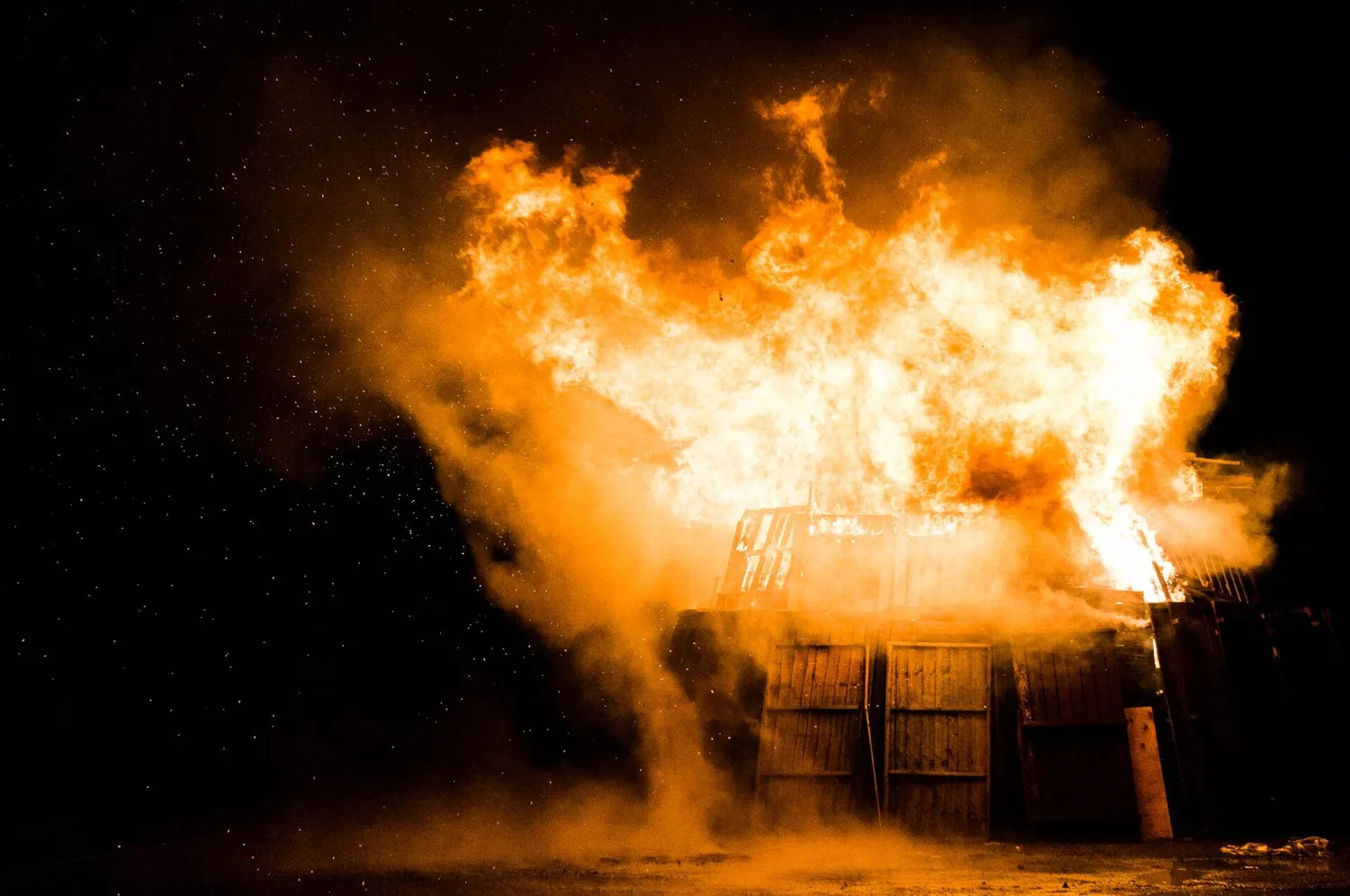
License Required to Manufacture and Store Fireworks
Manufacturing Fireworks
To obtain a licence to manufacture fireworks you must apply with the Health and Safety Executive. This will involve considering your exact intentions when creating fireworks and whether these fall into the definition of manufacturing fireworks. The HSE define manufacture as:
Manufacturing includes processes where explosive articles or explosive substances are made or assembled, or unmade or disassembled. For example, gunpowder manufacture, filling or fusing of fireworks, assembling fireworks displays from components, breaking down jet perforating guns, removing fuses from artillery shells and filling shotgun cartridges and other cartridges for small arms).
This includes repairing, modifying and adapting fireworks that have been created by someone else.
There are some activities that don’t fall into the definition of manufacture, however, be aware that each of these activities may also require its own specific license. These include:
- Packing, repacking, and unpacking explosives
- Labelling explosives
- Testing and proofing explosives
- Distributing explosives in bulk into smaller containers for storage
- Using components of explosives to create products that are not classed as explosives
Storing Fireworks
The UK government sets out clear firework storage laws, stating that in order to store up to 2,000kg of fireworks you must hold a license with your local fire department, or with Trading Standards, depending on where you are located. If you want to store or sell more than 2,000kg of fireworks, you must apply for a license with the Health and Safety Executive.
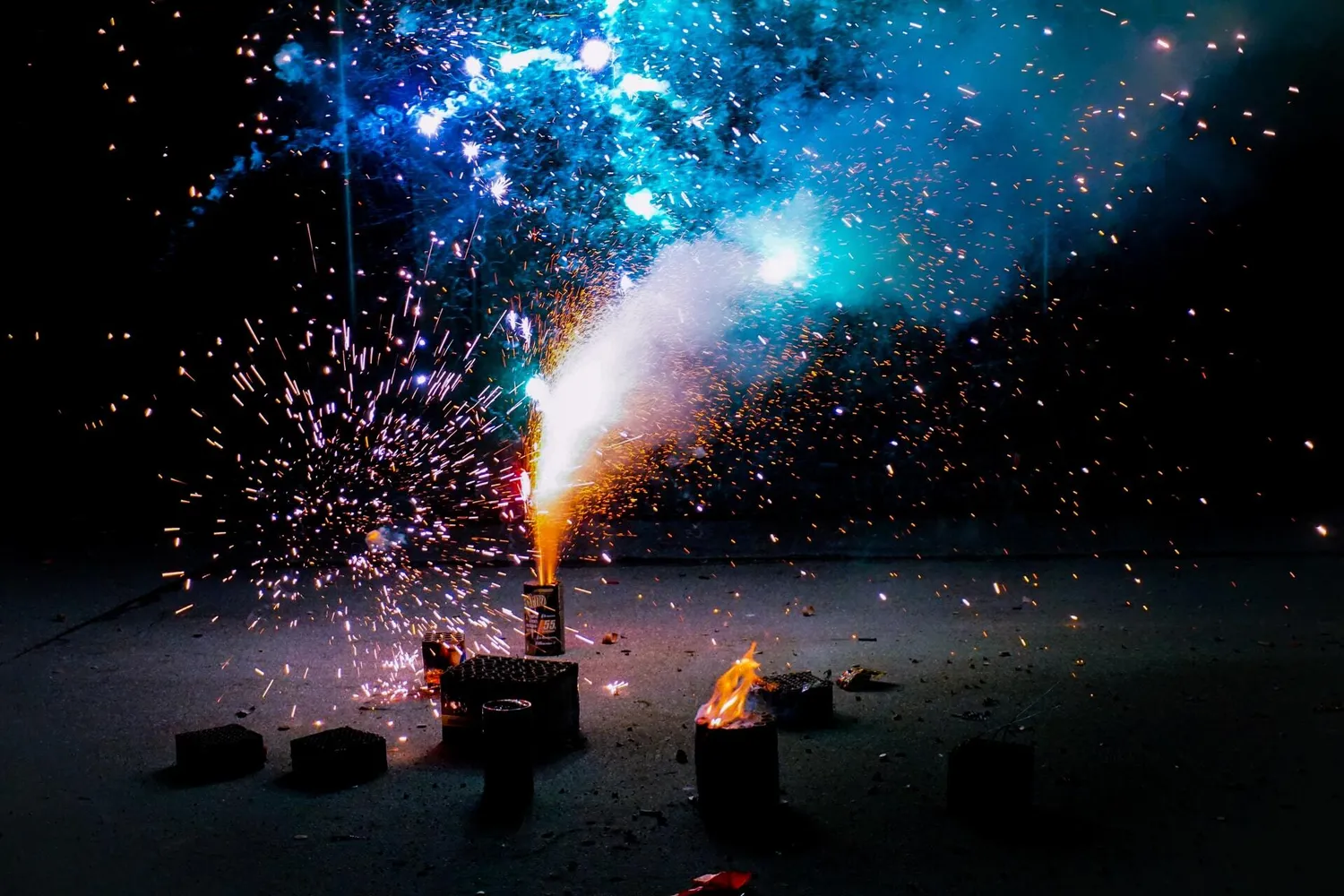
What training do you need to become a pyrotechnician?
There is no government-recognised training programme or qualification to handle fireworks and firework displays. For the majority of situations, Category 2 and 3 fireworks are generally used and these are available to the general public who only need to read the instructions and be aware of safety precautions to use them. But there are other situations in which training to create fireworks and design displays is required. For example, to feel more comfortable handling larger firework displays.
Many people assume that professional training is required to use Category 4 fireworks but this is not the case. There is no course that will allow members of the public to buy and use Category 4 fireworks. Although courses exist which allow people to handle Cat 4 fireworks, these aren’t courses that consumers can simply apply to take, and having such training wouldn’t change what you could buy or use as a consumer. Find out more about these courses in the section below on the British Pyrotechnic Association.
There are several organisations that offer fireworks training, depending on your intentions. You might look at the following:
Firework Retailers and Organisations
Some larger firework retailers and organisations offer short courses to help people understand how to use fireworks safely and give them some techniques to produce effective firework displays. Although these courses are open to the public, they don’t lead to any formal qualification and won’t mean that you are a formally trained or licensed pyrotechnician.
The British Pyrotechnics Association
The British Pyrotechnics Association is the only organisation that offers formal fireworks training that is recognised and generally accepted in the fireworks industry as the closest thing to a government-approved certificate. The BPA offers standard level 1 and advanced level two courses to qualify as a professional firer. These courses will give you the necessary training to handle Category 4 fireworks and will be sufficient to demonstrate your qualifications to any insurers or legal bodies.
As BPA courses aren’t available for anyone to simply sign up for, you will need to be referred by a professional body. For example, if you already work for a professional fireworks company that requires you to be trained to handle more advanced fireworks. This means that if you want to undertake training on your own for independent goals, seeking out a specialist third party fireworks training organisation first might be the best route to being accepted for a BPA course.
350 Barlow Moor Rd
Chorlton
Manchester, M21 8AZ
07810 222123
info@chorltonfireworks.com
